🇨🇳 🐼 We were sitting at the terrace of the oldest teahouse in the People’s Park of Chengdu, sipping tea, reading and writing. All around us, Chinese families, couples, groups of friends, young and old, were gathered at the hundreds of tables, sharing tea, laughter and stories, their chatter contrasting with the tranquility of the nearby lake. The regular and metallic « dididiiing » sound of the tools of the professional ear-cleaners added a nice musical tempo, completing the soundtrack.
The teahouse was a busy island in the middle of a green oasis of calm and colourful flower gardens. China’s parks have a delightful atmosphere, and seem to play a prominent role in nourishing community bonds and caring for retired people. Whether it’s Tai Chi, singing, line dancing, twirling a dragon-like ribbon in the air, playing dominos or cards, wandering in the orchid and bonsai gardens, sipping tea, reading a book or watching passers by: there’s something for everyone here.
I had no specific expectations about China, and it has been the most pleasant surprise. The Chinese people we have crossed paths with are very friendly, despite the biggest language barrier since starting our trip. From the immigration officer at the border crossing, to the restaurateurs to whom we try to explain we don’t eat meat, old folks inviting us to partake in park activities and countless smiley strangers in the streets, all have been welcoming and displaying a warm curiosity towards us. Of course you have to get used to the constant throat clearing and spitting which seems to be customary, but really one shouldn’t stop at that.
We have also been charmed by the beautiful and refined architecture of old towns and temples. In Kunming, we visited a sumptuous temple, busy with locals attending a ceremony led by monks in their orange and burgundy robes. Once the ceremony ended, they all congregated towards my kind of religion: food. There was a delicious and free meal on offer, and we were kindly invited to pick up a bowl and share a table with locals. In Lijiang, we roamed the streets of the UNESCO listed old town, admiring old wooden doors, peering through to get a glimpse of green courtyards, and strolling along the canals. Food has also been excellent and we have been relishing in the varied and deep flavours of Yunnan and Sichuan cuisine.
Cities are another scale of big, but we’ve found them quite relaxed. Yes they are a huge lasagna of concrete infrastructure, but they feel calm. China oddly feels the most « westernised » of Asian countries we have been through so far, thus in an interesting way we may feel more « at ease » here compared to the more frenetic South-East Asian cities. And importantly, literally all of the millions of scooters are electric, and many cars as well. Latest data indicates that EVs make up 37% of new car sales in China, vs. 22% in the EU and 12% in Australia. It was noticeable that despite the sheer number of vehicles, the cities were quieter.
We did seek out nature escapes and went hiking the Tiger Leaping Gorge track near Lijiang. It is one of the deepest gorges in the world and is flanked by the Southernmost snowy mountain in the Northern hemisphere. Needless to say the views were breathtaking and we thoroughly enjoyed it! Luckily for us, on the day after the US election we’d planned to go visit a Giant Panda Conservation Center near Chengdu. It did not disappoint and lifted our spirits. Seeing these big fluffy and playful creatures was the best pick-me-up. We learnt that there are only 2,400 pandas left on the planet, including 600 in captivity, but thanks to conservation efforts their IUCN status moved from endangered to vulnerable. That same day, we followed an ancient pilgrimage path through the forest on Mount Qingcheng, the birthplace of Taoism. Nature and religion are deeply intertwined here. We felt the peace and spirituality of the place as we climbed the stone paths through the autumnal forest and discovered magical temples nested in the forest and cliffs .
Since leaving Indonesia, we travelled rather quickly through South East Asia, which made it difficult to escape from the main tourist spots. As a result we sometimes found it difficult to have a genuine human connection other than a transactional relationship with locals. But here in Southwest China, where western travellers are very few, the « economic targets » are the Chinese tourists while we are an object of curiosity. We are truly enjoying this renewed sense of human connection, and the adventure feeling that comes with exploring roads less traveled.
The feeling of adventure is increasing by the day, as we have now traveled West to Tibet, and are on our way to the Tibetan Everest Base Camp after a few wonderful days in Lhasa. More on this in the next update!
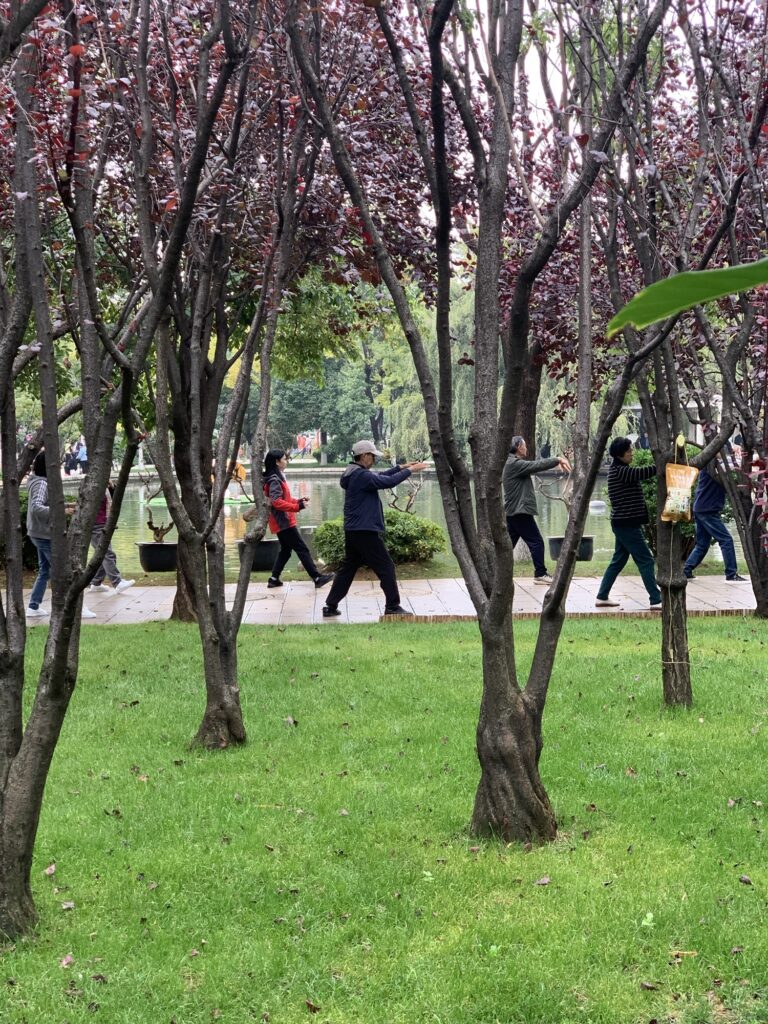
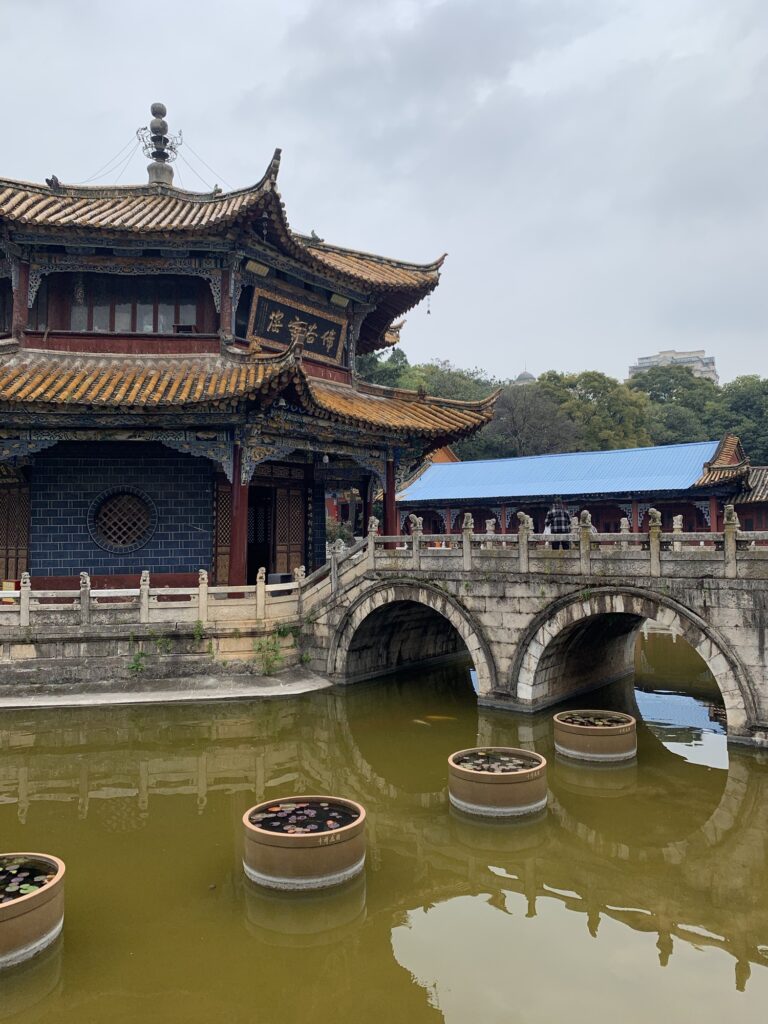
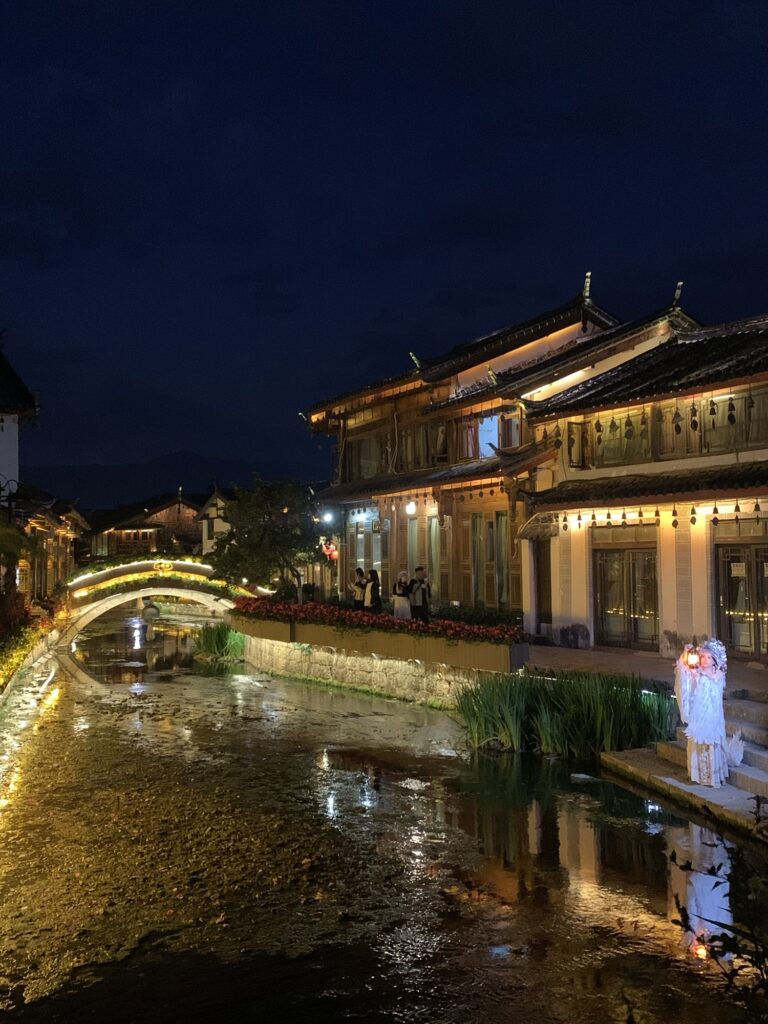
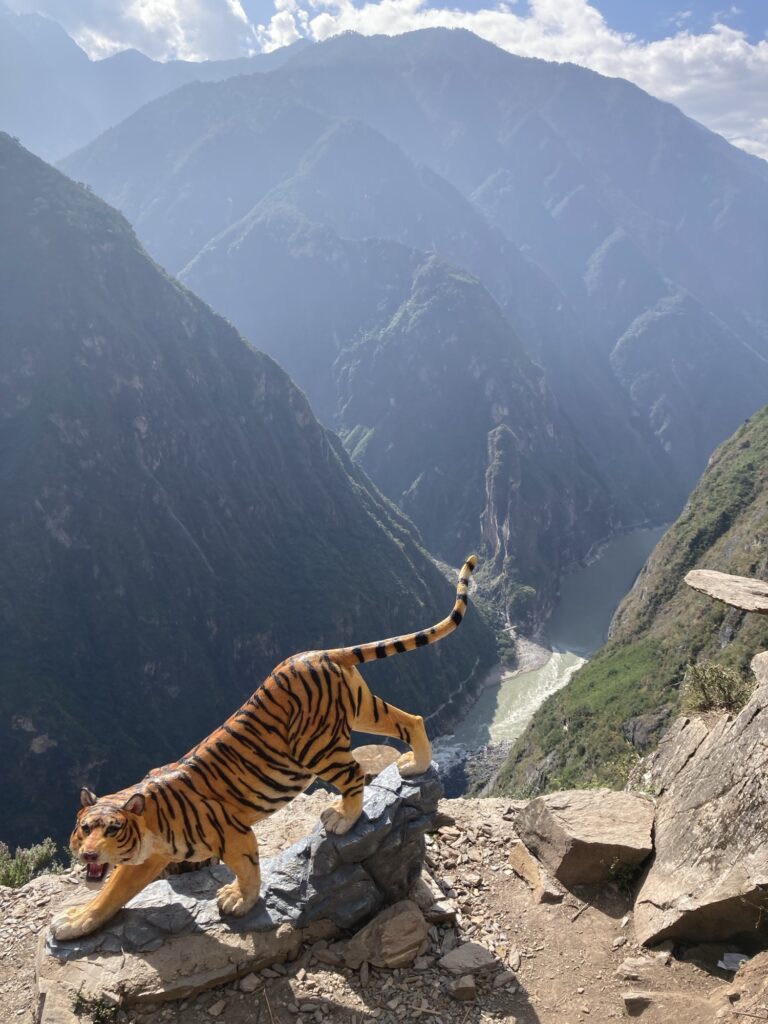
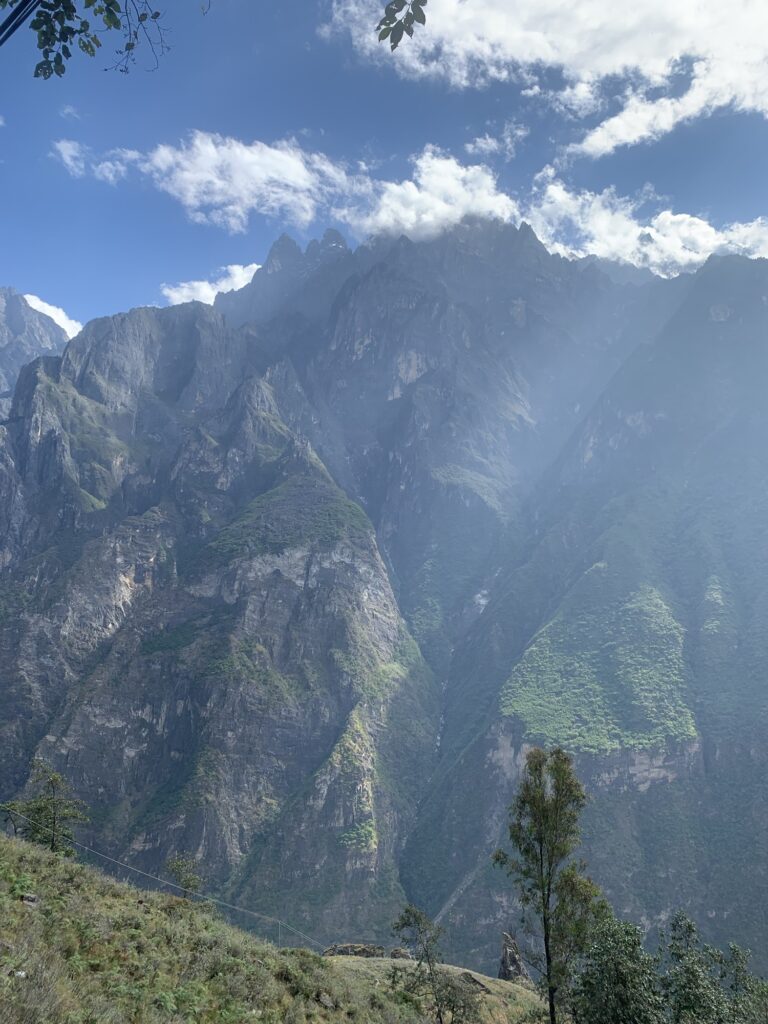
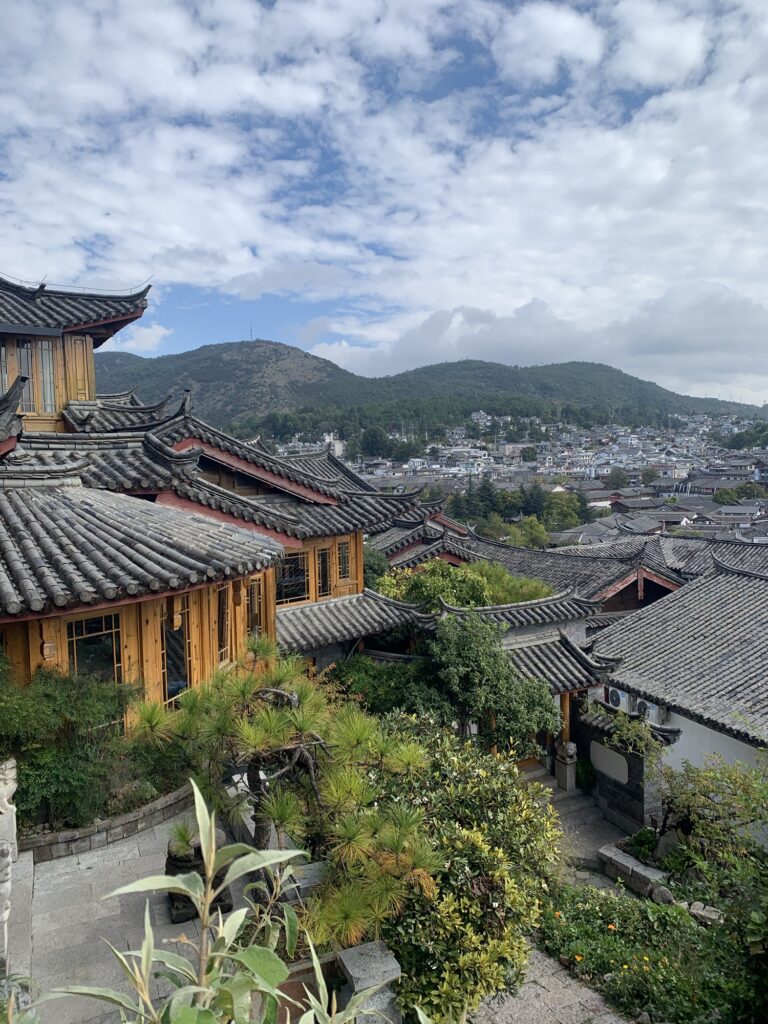
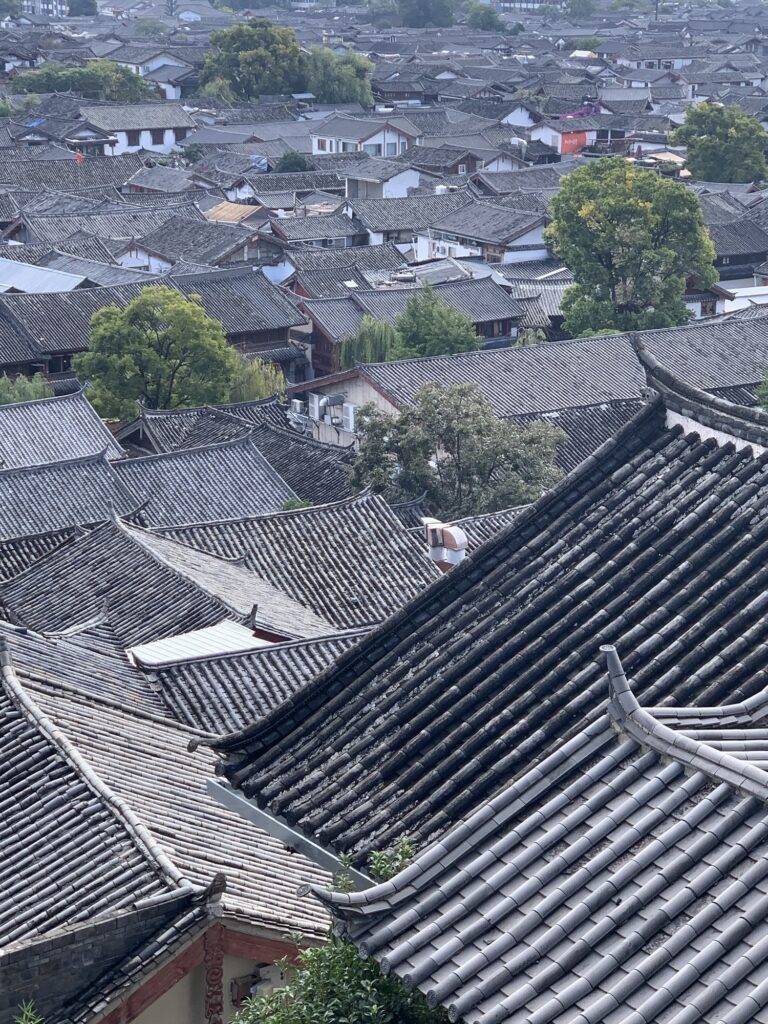
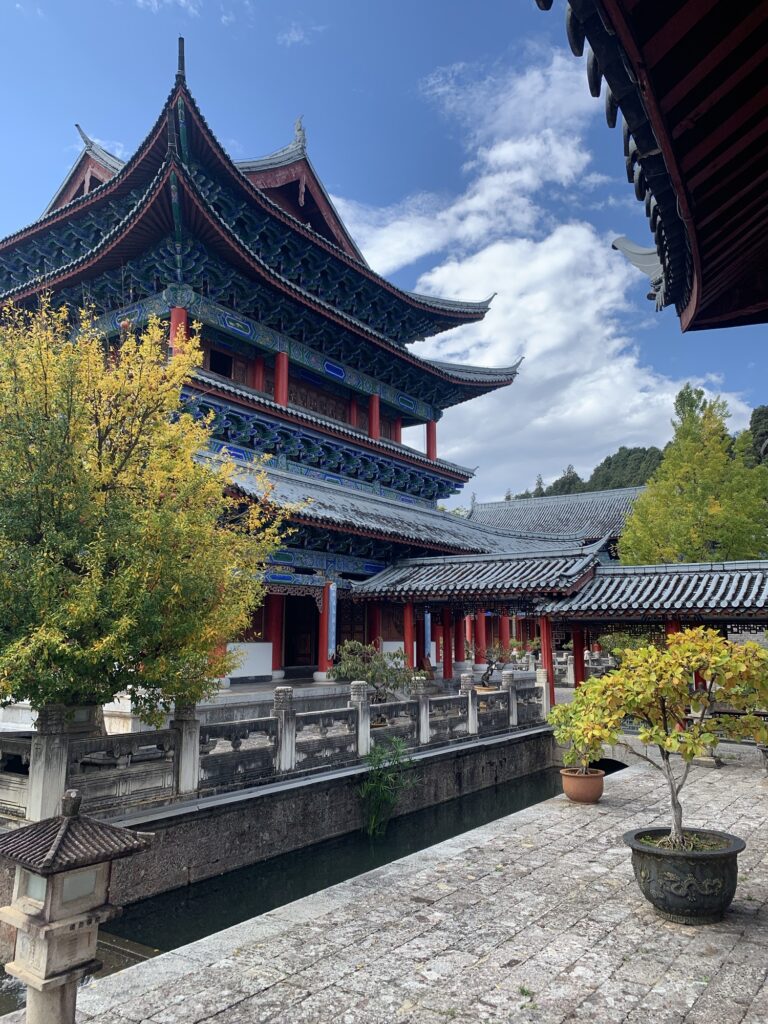
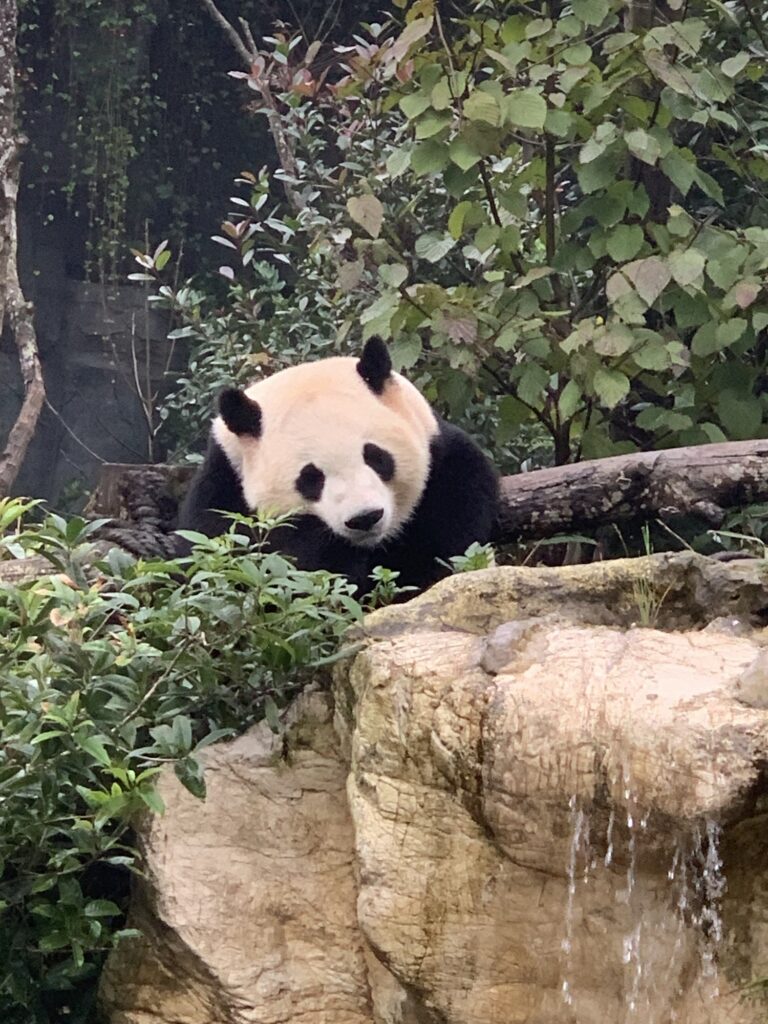
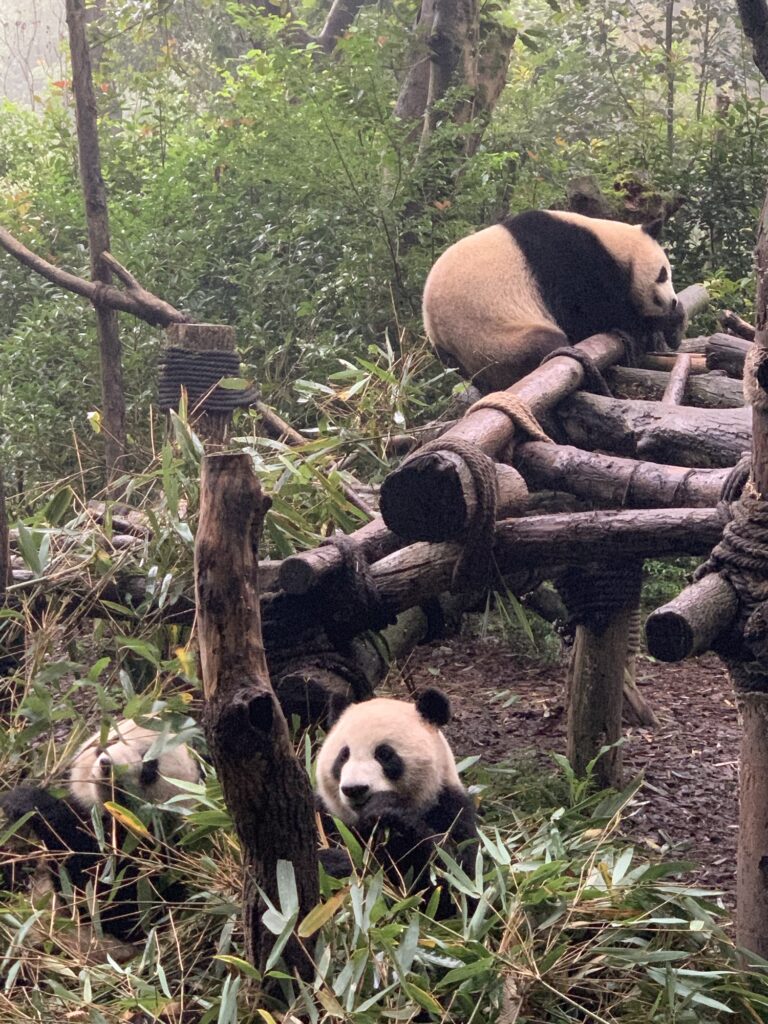
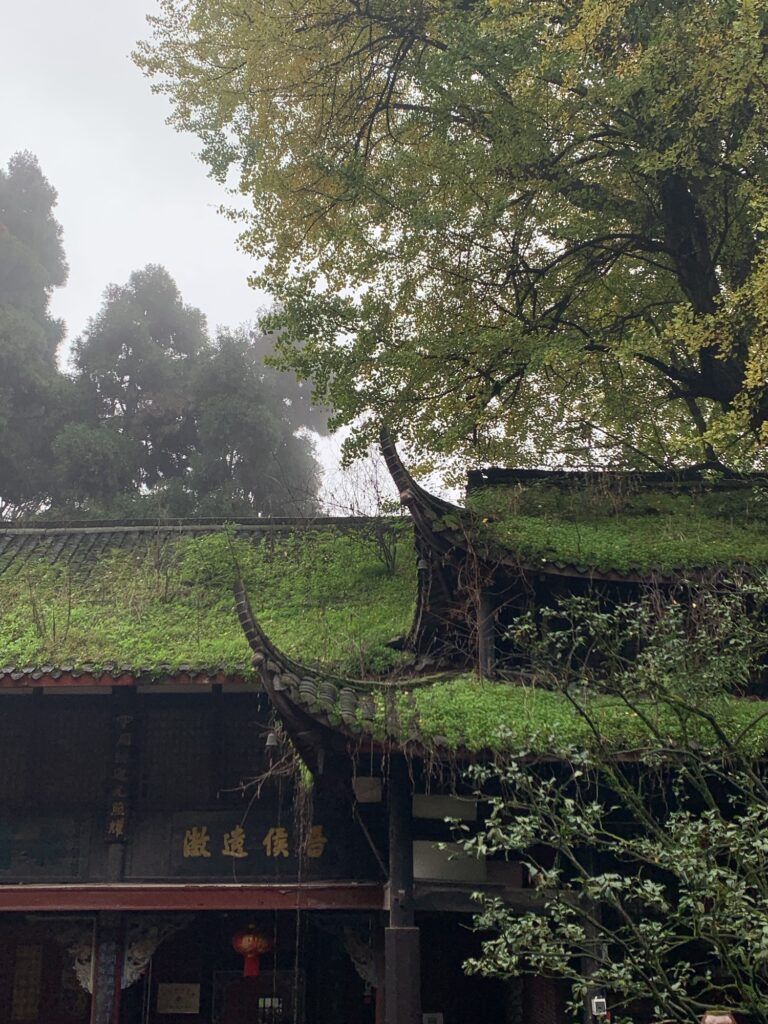
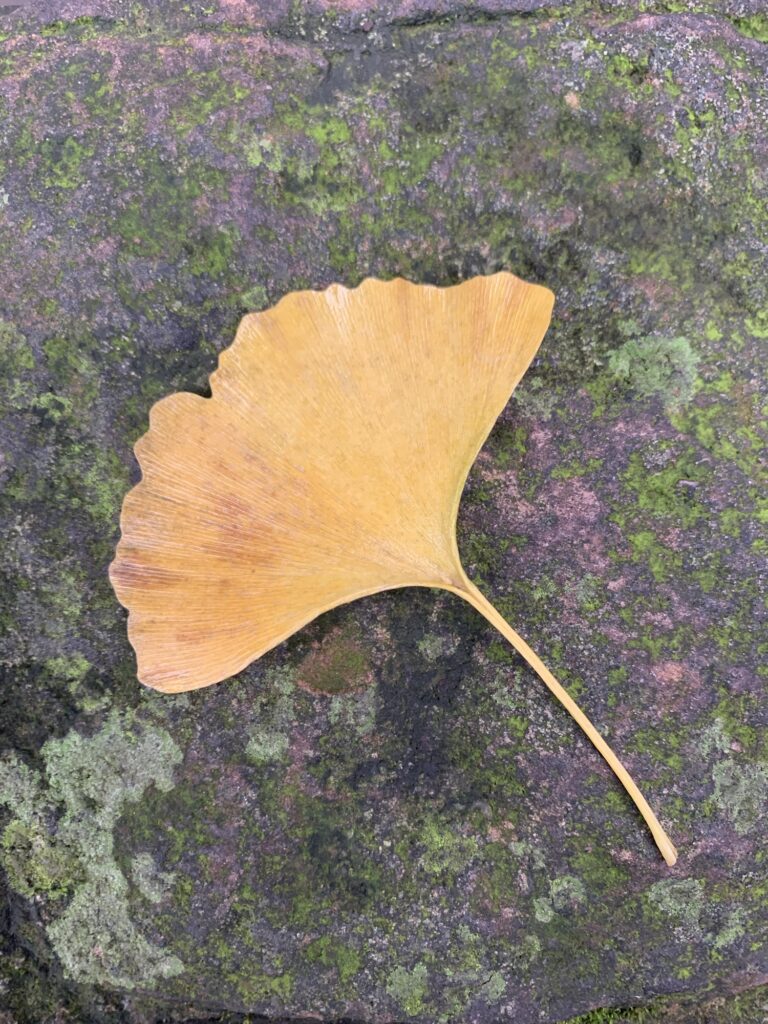
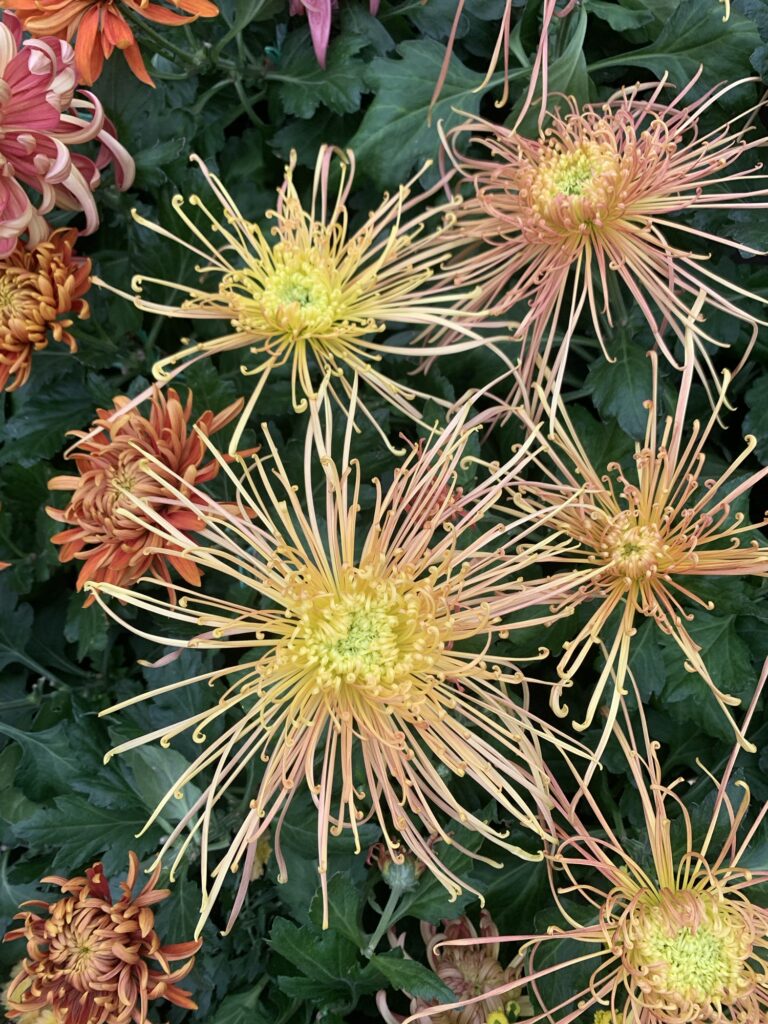
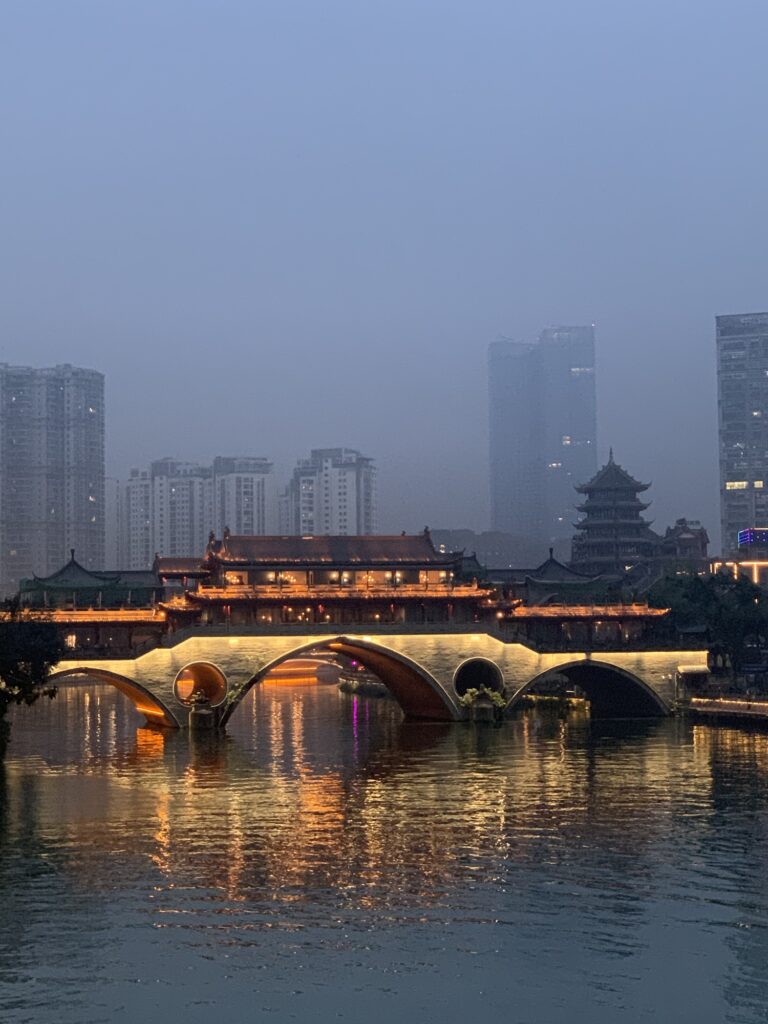
Leave a Reply